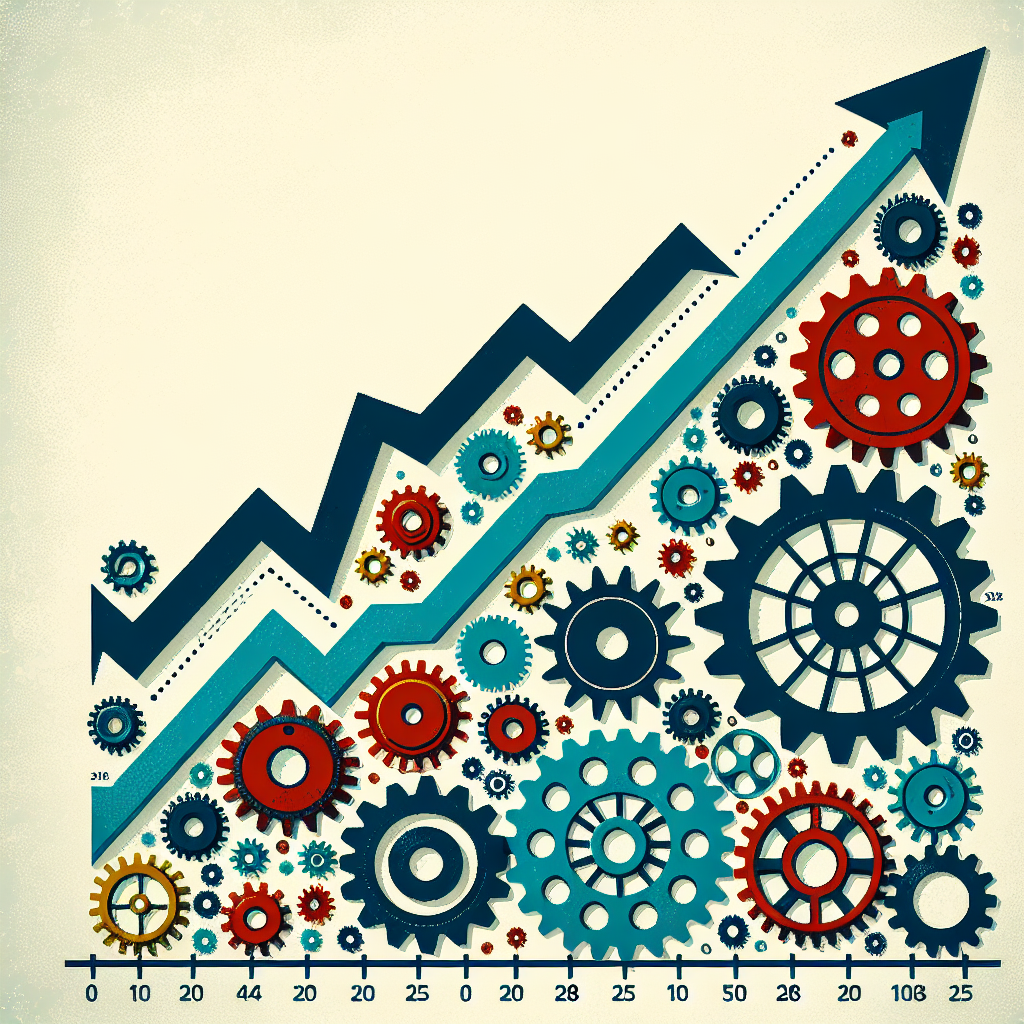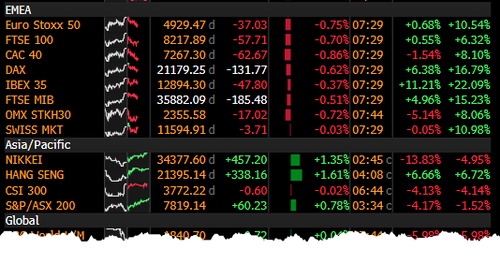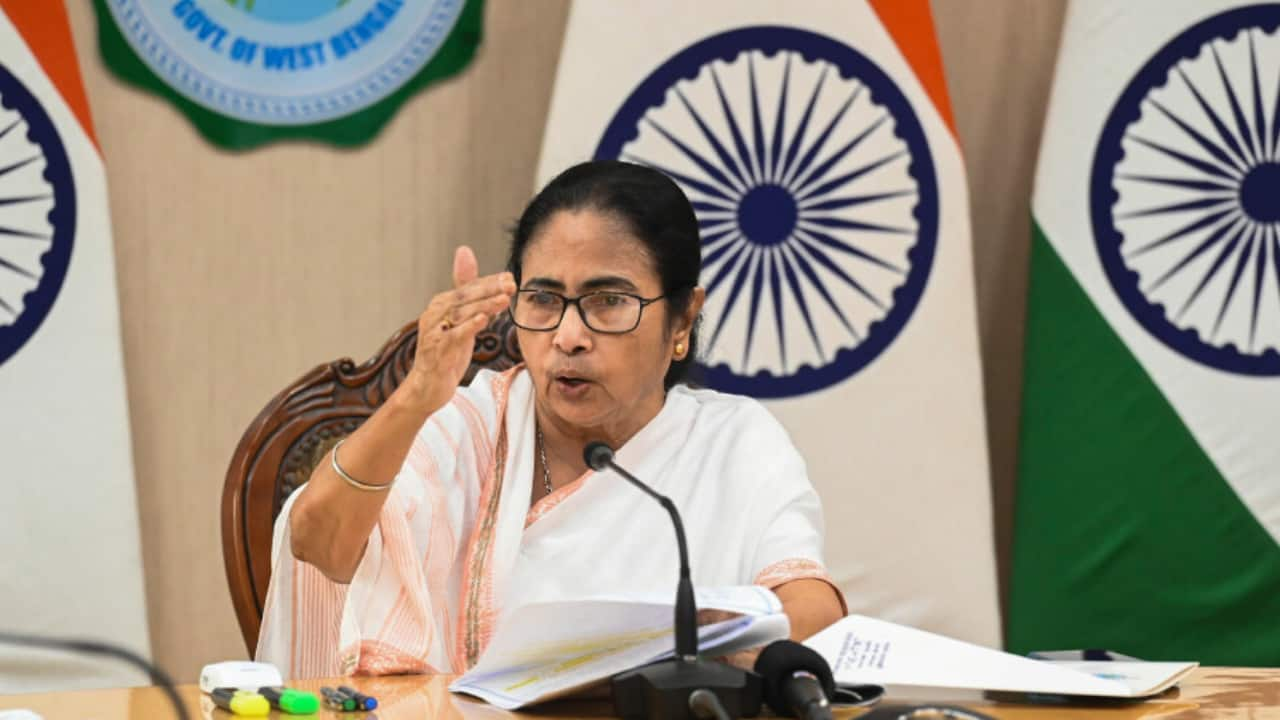As global maritime powers continue to dominate the seafarer supply chain, Nigeria’s absence from the list of top contributors highlights significant issues within the country’s maritime space and its approach to developing human capital in the blue economy. The 2023 BIMCO/ICS Seafarer Workforce Report reveals that the Philippines, China and India are the leading global suppliers of seafarers. With 550,000 crew members, the Philippines contributes over 35 per cent of the world’s merchant fleet.
In 2020, Filipino seafarers sent home $6.14 billion in remittances, a major boost to the country’s Gross Domestic Product (GDP), while China and India follow closely, with 250,000 and 240,000 seafarers, respectively. India, in particular, has seen a 42.

3 per cent increase in shipboard jobs in recent years. In contrast, Nigeria, despite its strategic location along the Gulf of Guinea, with over 850 kilometres of coastline, remains absent from the list of top 10 seafarer-supplying nations. Industry experts estimate that Nigeria has fewer than 8,000 active seafarers, far behind countries like Indonesia (140,000), Russia (110,000), and even smaller maritime nations such as Myanmar (60,000) and Vietnam (55,000).
The success of these countries lies in their sustained investments in maritime education, infrastructure, and international certifications, which have ensured their citizens’ competitiveness in the global market. Countries like Indonesia and Vietnam, with strong maritime traditions, have aligned national policies to create jobs in the sector, viewing seafaring as both a career and an economic lifeline. This gap is particularly concerning given Nigeria’s economic potential as Africa’s largest economy and its bustling port cities, including Lagos, Port Harcourt, and Calabar.
Additionally, the Nigerian Maritime Administration and Safety Agency (NIMASA) launched initiatives such as the Nigerian Seafarers Development Programme (NSDP), which aimed to train over 2,500 cadets abroad. However, systemic challenges have hindered progress, such as limited sea-time opportunities, poor regulatory enforcement, and underinvestment in local maritime institutions. While countries like the Philippines boast over 90 maritime training institutions accredited by the International Maritime Organisation (IMO), Nigeria’s maritime institutions struggle.
The lack of international recognition for Nigerian certifications, particularly Certificates of Competency (COCs) for ocean-going vessels, remains a significant barrier. A lecturer at the Nigerian Maritime University (NMU) in Okerenkoko and Chief Executive Officer of Kamany Marine Services Ltd, Charles Okerefe, said there are no simulators, no bridge simulator, and no engine room simulator at NMU, yet millions are being spent to train cadets abroad. Okerefe also recalled encountering Nigerian cadets stranded in Liverpool without sea time, which he believes defeats the programme’s purpose.
He called for funds allocated to the NSDP to be redirected toward acquiring training vessels and simulators for local institutions. “The Philippines earns over $10 billion yearly from seafarers; Nigeria can do the same if we build real capacity,” he added. The Managing Director of NLNG Shipping and Marine Services Limited (NSML), Abdulkadir Ahmed, pointed out that while Nigeria’s near-coastal operations certification is recognised, COCs remain a challenge.
He said this is not a quality issue but a quality assurance issue, emphasising the need to improve accreditation processes. According to him, NSML’s collaboration with NIMASA and the Maritime Academy of Nigeria (MAN) in Oron has significantly improved the academy’s infrastructure and curriculum, preparing students for the maritime industry’s demands. The Minister of Marine and Blue Economy, Adegboyega Oyetola, acknowledged Nigeria’s efforts to improve the welfare of its maritime workforce and enhance training opportunities.
However, experts argue that Nigeria must adopt a more deliberate and comprehensive approach to become a top seafarer-supplying nation..
Business

Nigeria lags in global seafarers’ supply chain

As global maritime powers continue to dominate the seafarer supply chain, Nigeria’s absence from the list of top contributors highlights significant issues within the country’s maritime space and its approach to developing human capital in the blue economy.The post Nigeria lags in global seafarers’ supply chain appeared first on The Guardian Nigeria News - Nigeria and World News.















